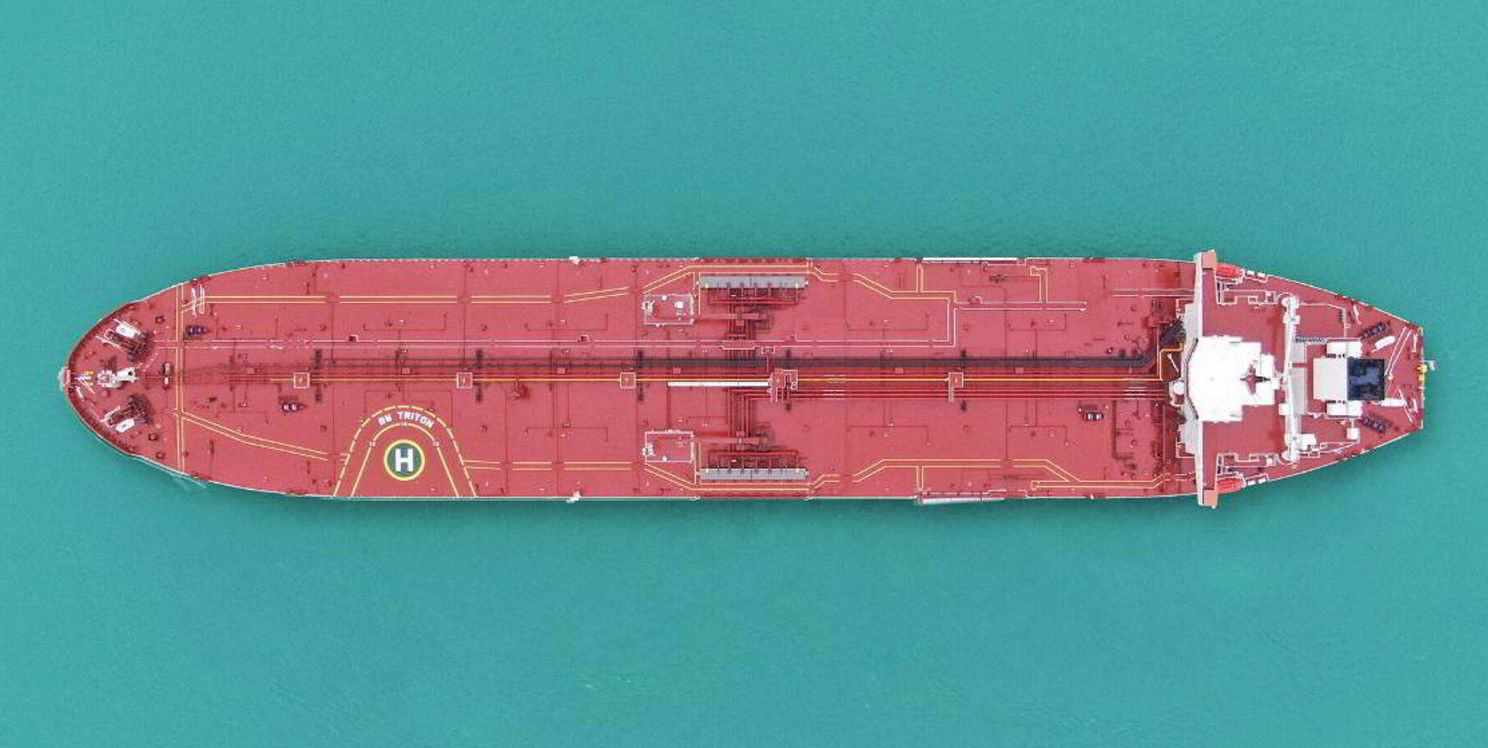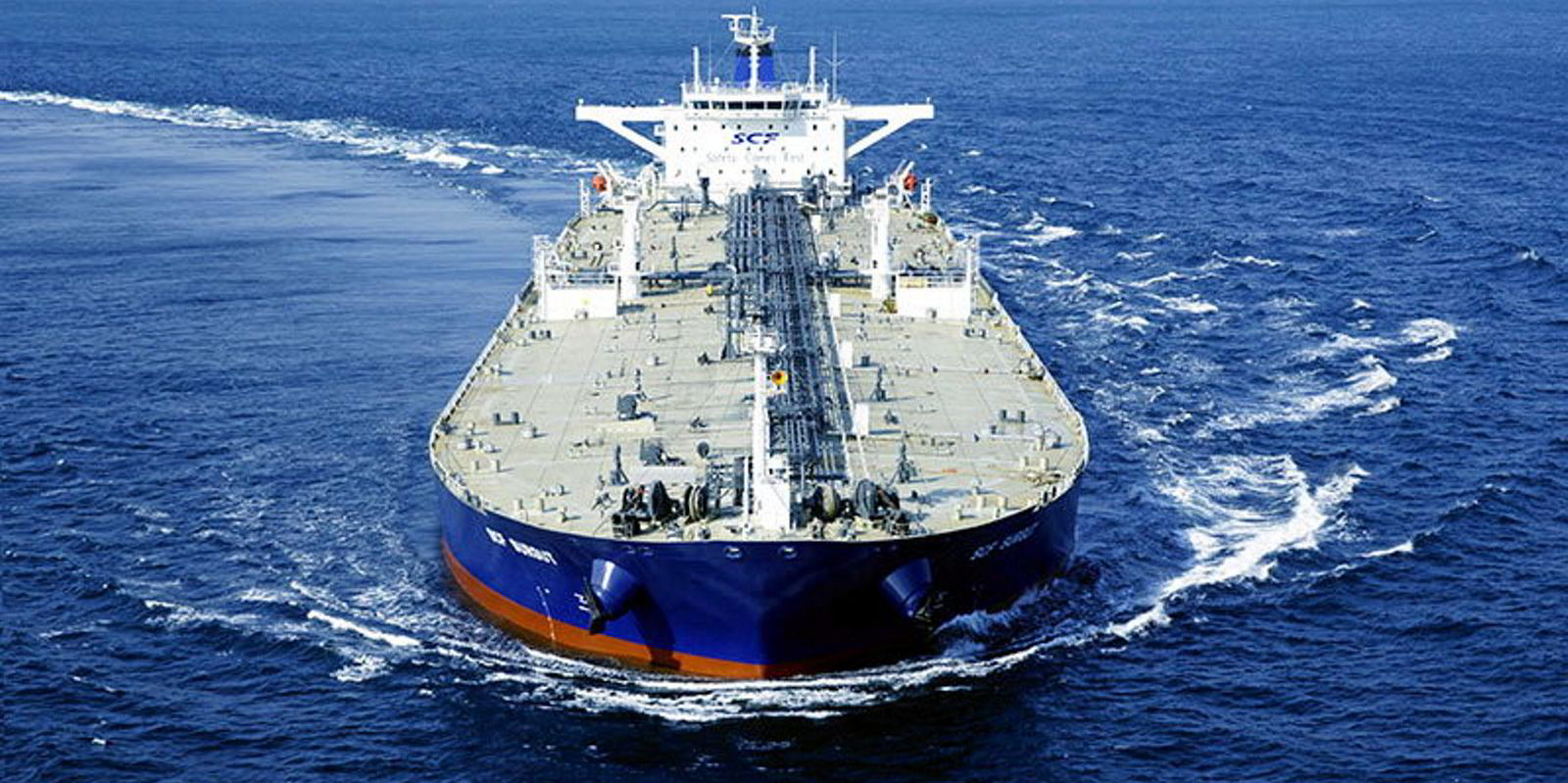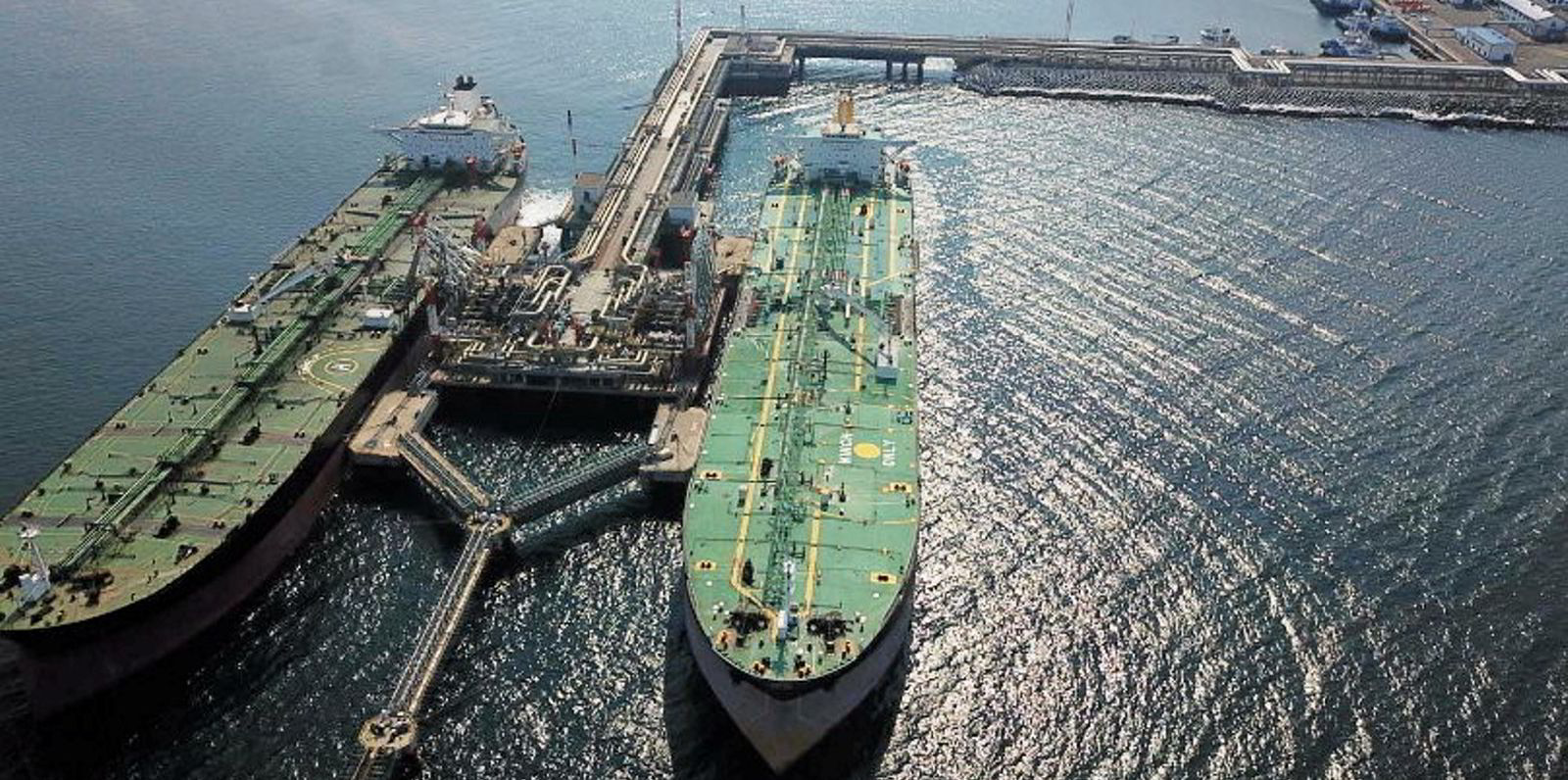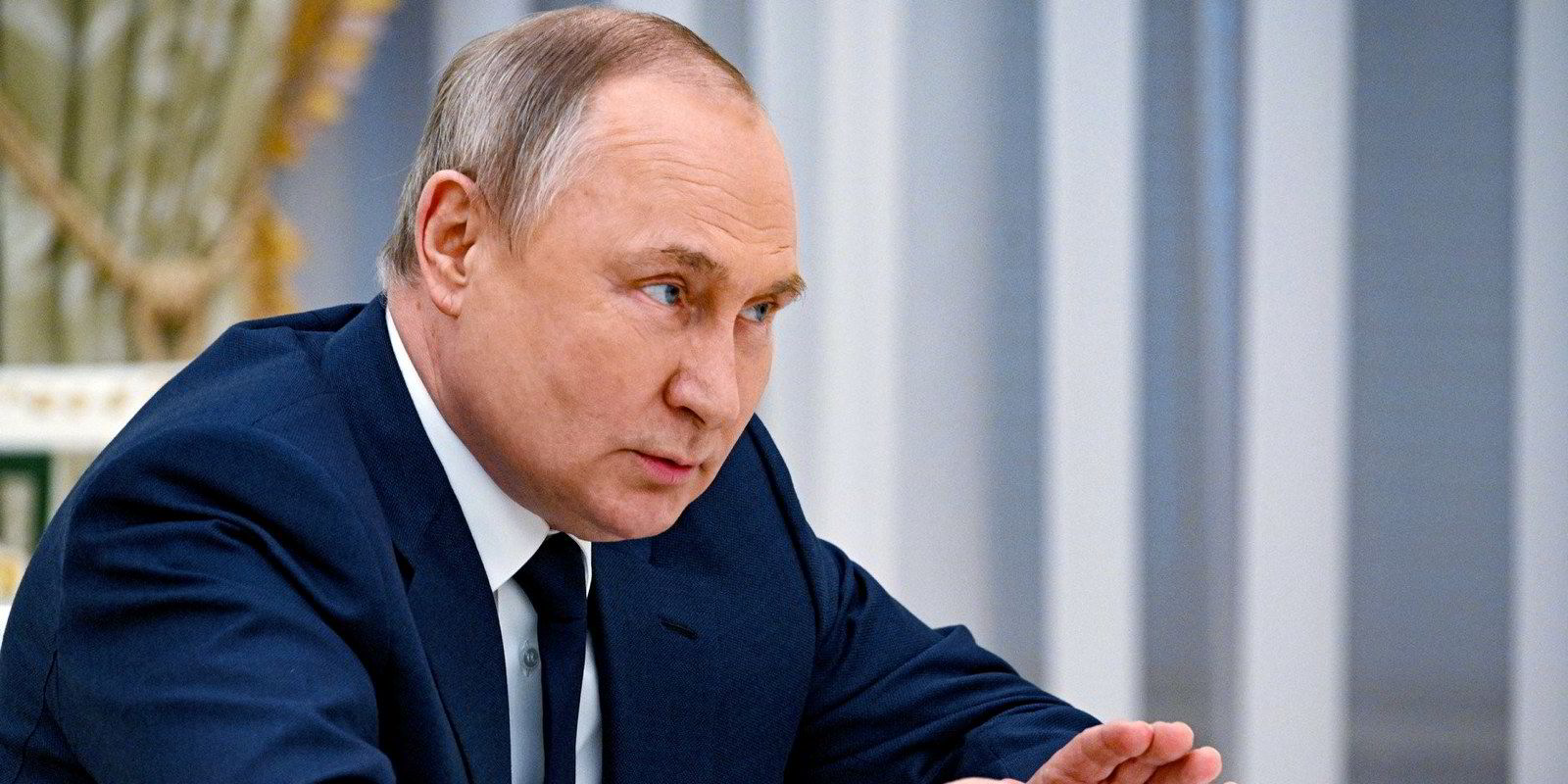Plans by the G7 group of countries to impose a globally recognised price cap on Russian oil exports are likely to spell good news for tanker owners, says Barry Rogliano Salles (BRS).
The French shipbroker said the idea of a price cap has returned to the political agenda as sanctions appear to be having a “limited impact” on Russian oil flows which have remained relatively robust over recent months.
BRS said the G7 appears to be increasingly pragmatic and is now looking to reduce Russia’s revenues rather than strangling its production and exports which could tighten the global oil market and send prices higher.
Russia is said to have shipped almost 5.2m barrels per day (bpd) of crude and condensate in August, of which 3.5m-bpd was seaborne, 4% above the levels directly before the invasion of Ukraine.
BRS said much of the support to crude exports has come from China and India which, between March and August, upped their Russian crude imports by around 60% and 2,700% year-on-year, respectively.
Together with increased flows to elsewhere in Asia and Turkey, and against the backdrop of higher prices, BRS says Moscow’s oil revenues have risen by around 40% year-on-year.
“Although we consider the price cap of secondary importance in comparison with the incoming European Union embargo on Russian seaborne oil imports, we anticipate that, providing that the cap is introduced properly and therefore does not deprive international markets of much-needed Russian oil, it should prove to be a boost to clean and dirty tanker tonne-mile demand,” BRS said.

BRS said the cap would potentially accelerate the shipping of more Russian crude from western terminals on the Baltic and Black Sea to East of Suez markets, which “no matter whether it is aboard aframaxes, suezmaxes or VLCCs via ship-to-ship transfers will add tonne miles”.
However, BRS says that while there remains appetite from both China and India for incremental barrels of heavily discounted Russian crude, the two countries will be unlikely to take all of the near 1.5m bpd of crude which should be backed out of Europe.
“Indeed, it would appear that Russia will have to rely on other non-OECD Asian crude importers including Indonesia, Malaysia, Thailand and Vietnam,” the broker said.
BRS said the cap could also accelerate the shift of Russian refined products away from Europe to non-OECD countries which again will add ton miles across the whole clean tanker segment.
“Although the price cap does not appear to directly impact refined products, it could have ripples as Russia may refuse to sell refined products to OECD countries who introduce a price cap on crude. Indeed, this could see flows, especially of diesel, shift ahead of the February EU embargo,” said BRS.
The broker said this could lead to a plethora of new purchasers across the globe with over 60 countries in the poorest parts of the world struggling with a combination of fuel and food price inflation and elevated financial risks.
“These are located across Asia, Latin America and Africa and all could be potential destinations for cheap Russian clean products as these countries try to stave off energy price inflation,” said BRS.
“Furthermore, ship tracking data also point to the Middle East hiking imports of Russian fuel oil over the summer with this likely being burned in the power generation sector or being blended into the bunker pool.
“Again, we do not anticipate these non-OECD countries participating in a price cap which will help to support fuel flows to the region,” the broker added.





